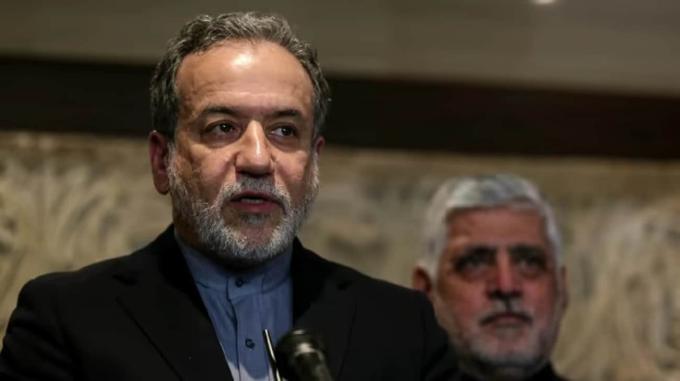Iran Demands Trump Change His Tone and Respect the Country’s Leader

The tension rating between the US and Iran is growing: Iranian officials have openly called on Donald Trump to stop showing disrespect for the country's supreme leader, Ayatollah Ali Khamenei, otherwise official Tehran will respond with a response at the level of its possible military power. The Iranian Foreign Ministry made a clear demarche, accusing the American president of a contemptuous and unacceptable tone, and called on him to engage in diplomacy based on mutual respect. This came against the backdrop of Trump's recent statements, who called on Iran to unconditional surrender and threatened new bombings. Iranian Foreign Minister Abbas Araghchi emphasized in public comments on the X network (formerly Twitter) that Trump, if he wants to reach the desired agreement, must change his tone and stop disrespecting the Iranian leader. "If President Trump sincerely wants to reach an agreement, he must stop his disrespectful and insulting style in his statements regarding Ayatollah Khamenei," Araghchi stressed, adding that such rhetoric is unacceptable and harms diplomatic efforts. The representative of the Iranian Foreign Ministry also stressed that Trump must remove insults from millions of Iranian supporters who ignore Washington's threats. According to Araghchi, the Iranian people have already shown the world that the Israeli regime is deprived of any choice and, in particular, is forced to flee to "daddy", and Iran itself must be prepared for appropriate actions. The politician threatens that in the event of an escalation of the situation, the country will not hesitate to demonstrate its strength, which is capable of putting an end to any illusions about its power. "Respect and kindness contribute to good relations," Araghchi concluded. Recall that the day before, Trump nervously called on Iran to unconditional surrender, threatening new bombings of nuclear facilities if he deemed it necessary. This was a response to growing tensions in the region, in particular, to Tehran's increased activity in the field of nuclear research and a policy of military demonstration of force. An analysis of the decline in diplomatic dialogue and threats from both sides shows that the situation remains surprisingly tense, and any unexpected escalation could lead to serious consequences in the global security context.

